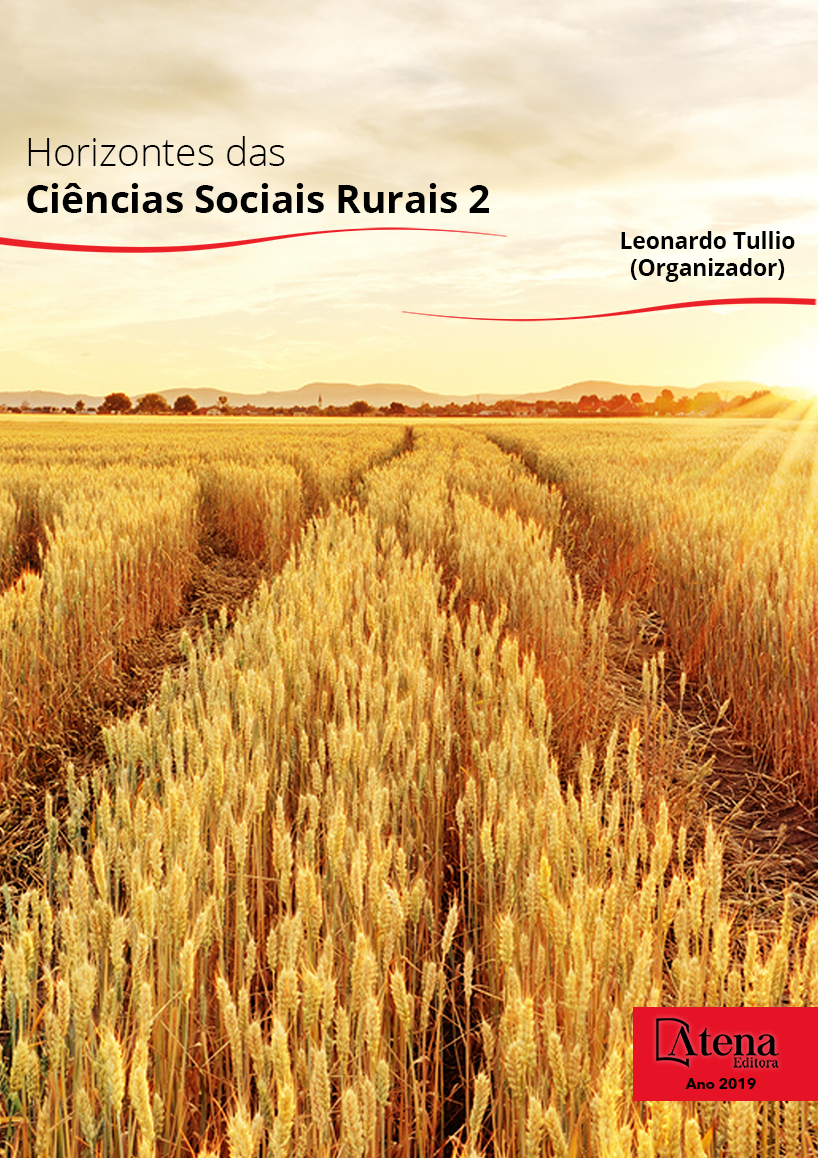
DESENVOLVIMENTO SUSTENTÁVEL E A PRODUÇÃO DE BIOCOMBUSTÍVEIS: UMA ALTERNATIVA À PRODUÇÃO DE FUMO?
Na perspectiva do Desenvolvimento
Sustentável como o processo que visa à melhoria
de vida das pessoas e a adesão do Brasil à
Convenção-Quadro para o Controle do Tabaco,
o presente estudo buscou verificar se a produção
de biocombustíveis de primeira geração pode
ser uma alternativa de Desenvolvimento
Sustentável aos municípios gaúchos produtores
de fumo no Vale do Rio Pardo, Brasil. Para
compreender o vínculo dos agricultores com o
cultivo de matérias-primas para bicombustíveis
de primeira geração em relação à substituição
da produção de fumo e/ou à diversificação
da propriedade rural no desenvolvimento
desta região, realizou-se um estudo de caso
múltiplo, com entrevistas direcionadas a quatro
agricultores, que possuíram relação com os
Projetos Girassol e Etanol protocolados pela
AFUBRA. Os resultados revelam que a produção
de biocombustíveis é uma alternativa viável e
sustentável no que tange à diversificação da
propriedade, mas com considerável redução
de ganhos monetários e dificuldades de
cultivo em terrenos acidentados. Os incentivos
para a implementação da produção dos
biocombustíveis são os benefícios à saúde
dos agricultores, a redução de gastos com a
aquisição de combustíveis fósseis e a geração
de renda aos produtores e a preservação do
meio ambiente.
DESENVOLVIMENTO SUSTENTÁVEL E A PRODUÇÃO DE BIOCOMBUSTÍVEIS: UMA ALTERNATIVA À PRODUÇÃO DE FUMO?
-
DOI: 10.22533/at.ed.3121918029
-
Palavras-chave: Biocombustíveis, Desenvolvimento Sustentável, Fumo, Região do Vale do Rio Pardo, Projeto Girassol e Projeto Etanol.
-
Keywords: Biofuels, Sustainable Development, Tobacco, Region of the Vale do Rio Pardo, Project Sunflower and Project Ethanol.
-
Abstract:
Considering the Sustainable
Development as the process which aims to
improve the welfare of the people and the
adhesion of Brazil to the Framework-Convention
for the Control of the Tobacco, the current article
aims to verify if the production of biofuels of first
generation could become an alternative for the
Sustainable Development of the inner cities of Rio
Pardo and of Sinimbu, Brazil. To understand the
linkage of farmers with the production of biofuels
of first generation in relation the replacement of
tobacco production and/or the diversification
of the rural property in the development of this
region, was conducted a multiple case study,
with interviews at four farmers, which had
relation with the Projects Sunflower and Ethanol
registered by AFUBRA. The results that we
obtained show that the production of biofuels is
a viable and sustainable alternative in terms of the diversification of the rural property,
however with considerable reduction of monetary gains and difficulties of cultivation
in rough terrains. The main stimulus for the implementation of biofuels production are
the benefits related to the health of the farmers, to the reduction of spending on the
purchase of fossil fuels and the generation of income to farmers and the preservation
of the environment.
-
Número de páginas: 15
- Marcos Vinicius Dalagostini Bidarte


